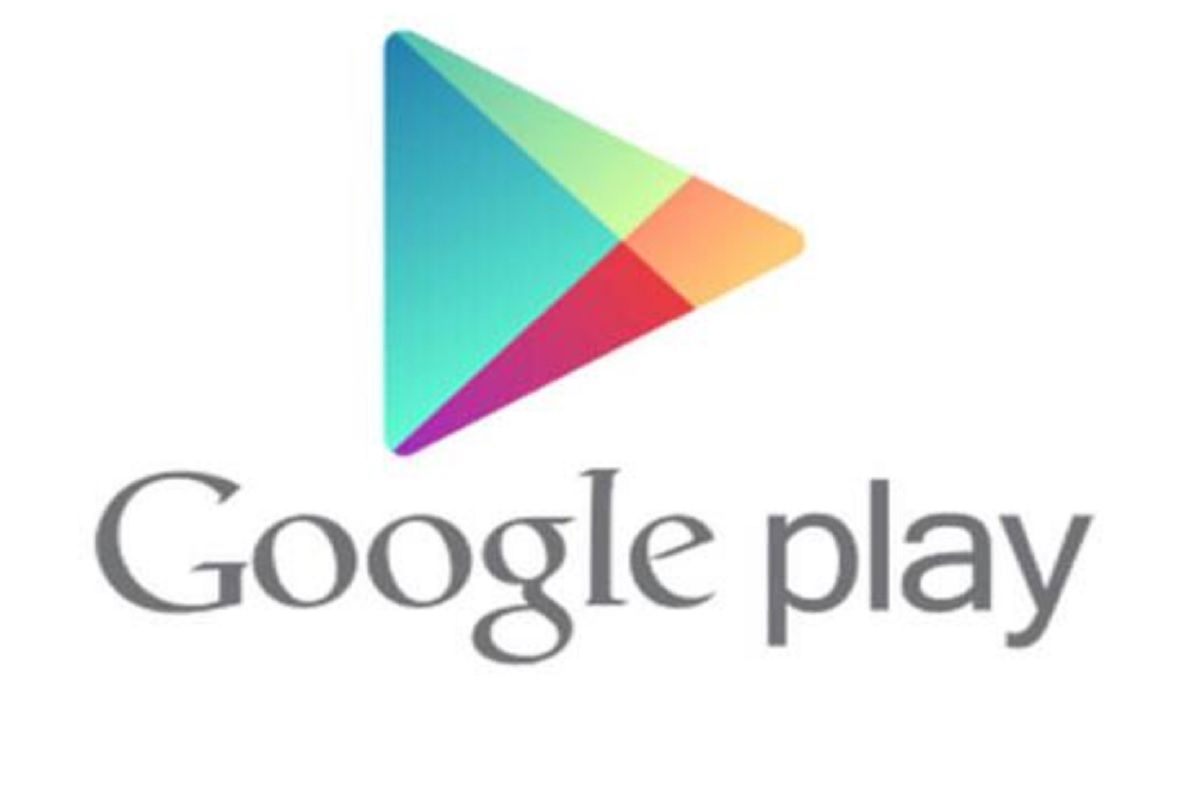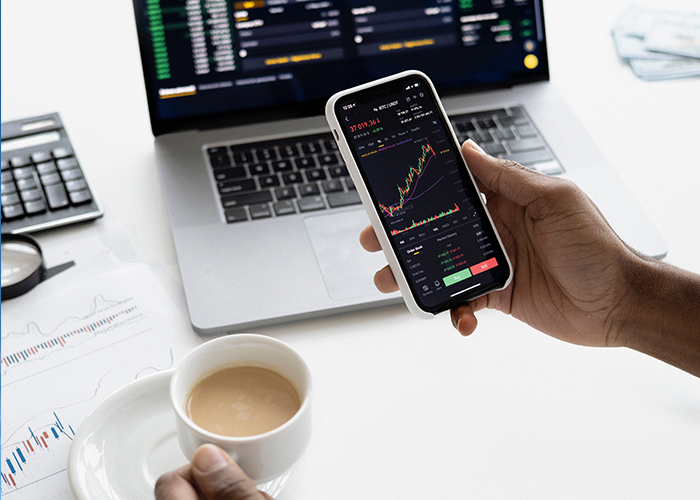Google Play: The Gateway to Revenue Success for Mobile App Developers
Unlocking the Revenue Potential of Google Play: A Comprehensive Guide for Mobile App Developers
Google Play, the official app store for Android devices, stands as a gateway to a vast audience of over 3 billion active users worldwide. For mobile app developers, Google Play presents a lucrative opportunity to monetize their creations and generate substantial revenue.
Monetization Strategies for Google Play
Google Play offers a variety of monetization strategies to cater to diverse app types and user preferences. Let's explore the key approaches to generating revenue from your mobile app:
1. Paid Apps: Direct App Sales
The simplest and most straightforward monetization strategy involves charging a one-time purchase fee for users to download and access your app. This approach is particularly suitable for apps that offer unique value or premium features that users are willing to pay for upfront. Examples include productivity tools, games with premium content, or specialized apps catering to specific niches.
2. In-App Purchases (IAPs): On-Demand Features
In-app purchases provide a flexible way to monetize your app by offering additional content, features, or virtual goods that users can purchase on an as-needed basis. This approach is well-suited for apps that offer consumable items, such as game levels, power-ups, or virtual currency. Additionally, IAPs can be used to unlock premium features, such as ad-free experiences or subscription-based services.
3. In-App Advertising: Displaying Ads
Incorporate advertising into your app to generate revenue when users view or interact with ads displayed within the app. Google AdMob, a popular ad network, seamlessly integrates ads into your app, offering various ad formats and targeting options to maximize your earnings. This approach is particularly suitable for apps with a large user base and high engagement levels.
4. Google Play Subscriptions: Ongoing Access
Offer subscription plans that provide users with ongoing access to premium features, exclusive content, or ad-free experiences. This model is well-suited for apps that deliver continuous value and encourage long-term user engagement. Examples include streaming services, news apps, or educational platforms.
5. Google Play Alpha and Beta Testing Programs: Early Access
Take advantage of Google Play's Alpha and Beta testing programs to generate revenue while gathering valuable feedback from testers. These early access programs allow users to pre-purchase your app and gain early access to its features, while you receive valuable feedback to refine your app before its official launch.
Optimizing Your App for Success
Beyond choosing the right monetization strategy, optimizing your app for the Google Play ecosystem is crucial for maximizing revenue and user engagement. Here are some key optimization techniques:
1. App Store Optimization (ASO): Enhanced Visibility
Craft a compelling app description, use relevant keywords, and maintain positive user reviews to enhance your app's visibility within Google Play. A well-optimized listing can attract more downloads, increase revenue opportunities, and establish a strong first impression for potential users.
2. User Engagement and Community Building
Actively engage with your users through social media, in-app communication channels, and community forums. Respond to feedback, address issues, and foster a positive user experience. This approach can lead to increased app usage, loyalty, and revenue, as users feel valued and engaged.
3. Data-Driven App Analytics
Utilize Google Analytics for Android to track app usage, user behavior, and revenue metrics. Analyze the data to identify areas for improvement, optimize monetization strategies, and enhance the overall user experience. Data-driven insights can inform decisions on feature development, marketing campaigns, and monetization adjustments.
4. Adherence to Google Play Policies
Adhere to Google Play's policies and guidelines to ensure your app remains compliant and eligible for monetization. Regularly review and implement any necessary adjustments to stay up-to-date with policy changes. Compliance ensures that your app adheres to Google's standards and maintains eligibility for monetization.
5. Exploring Alternative Monetization Models
Consider exploring alternative monetization models beyond traditional methods. Sponsorship deals, cross-promotion with other apps, or referral programs can provide additional revenue streams and expand your monetization portfolio. Diversifying your revenue sources can reduce reliance on a single method and potentially increase overall earnings.
End of Conclusion
Google Play presents a vast opportunity for mobile app developers to monetize their work and reach a global audience. By employing effective monetization strategies, optimizing your app for the Google Play ecosystem, and staying compliant with Google's policies, you can unlock the full potential of your mobile app and achieve sustainable success.
With the vast reach of Google Play and the diverse monetization strategies available, mobile app developers have an unparalleled opportunity to turn their creations into profitable ventures. By understanding the nuances of app store optimization, user engagement, data-driven analytics, and Google Play policies, developers can effectively tailor their monetization strategies to their app's unique features and target audience.
Whether you're a seasoned developer or just starting out, Google Play presents a dynamic platform for unlocking your app's revenue potential. Embrace the power of monetization, optimize for success, and unleash the earning potential of your mobile app.
Writer
Devraj Gorai


























